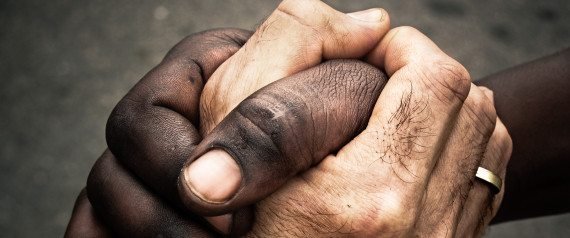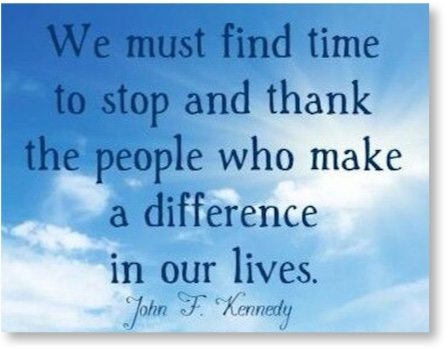
Original as in Huffington Post, by: Lorraine Devon Wilke – Posted: 07/26/2015 6:28 pm
They can want to. They can try. They can watch it, read about it; talk about it, blog about it. They can weep over its injustices, march in solidarity with its victims, use the right phrases and hashtags, even show homage for its music and culture. But just as non-parents can never fully understand the experience of actually being parents (forget the “my brother has kids” thing… it ain’t the same), so, too, can whites never fully grasp the day-to-day, can’t-turn-it-off, always-there experience of being black in America.
The unwarranted provocation, arrest and inexplicable jailhouse death of Sandra Bland has once again ripped the scab off a wound that never gets to heal in this country, a wound that bleeds with every event of racial profiling, injustice, bullying and bigotry, leaving us, for the umpteenth time, to parse and pull apart the seemingly endless conundrum of race.
Those who are bigots — white or otherwise — blather on about responsibility and bad behavior (valid issues frequently inapplicable), bandy false equivocations disguised as true rationale; raise their fists or argue their flags to proclaim superiority or victimhood, depending on perspective. Bigots have no shortage of language to express their small-mindedness; it’s well-honed vernacular in a country still struggling with race even decades after constitutionally protected equality was established.
– – –
When I walk into a room people see only a person, a woman. My ethnicity is all but ignored by virtue of my being white. My whiteness is neutralizing. It conveys no particular message, nothing to interpret. It triggers no response. No one judges my being white… at least no one who is white.
But when a black person walks into the room, is stopped by the police, or goes in for a home loan? The very first piece of information conveyed is race. Because it’s seen, it’s visible, it can’t be hidden. And it comes with a litany of preconceived notions, conscious or unconscious judgments, and the weight of cultural branding. It will never be a non-issue:
“They were black.” “It was a black man.” “This black woman said…” “She’s dating a black guy.” “Why didn’t they give that role to a black actor?” “How dare they give that role to a black actor!” “He’s a black president.”
You get the point.


